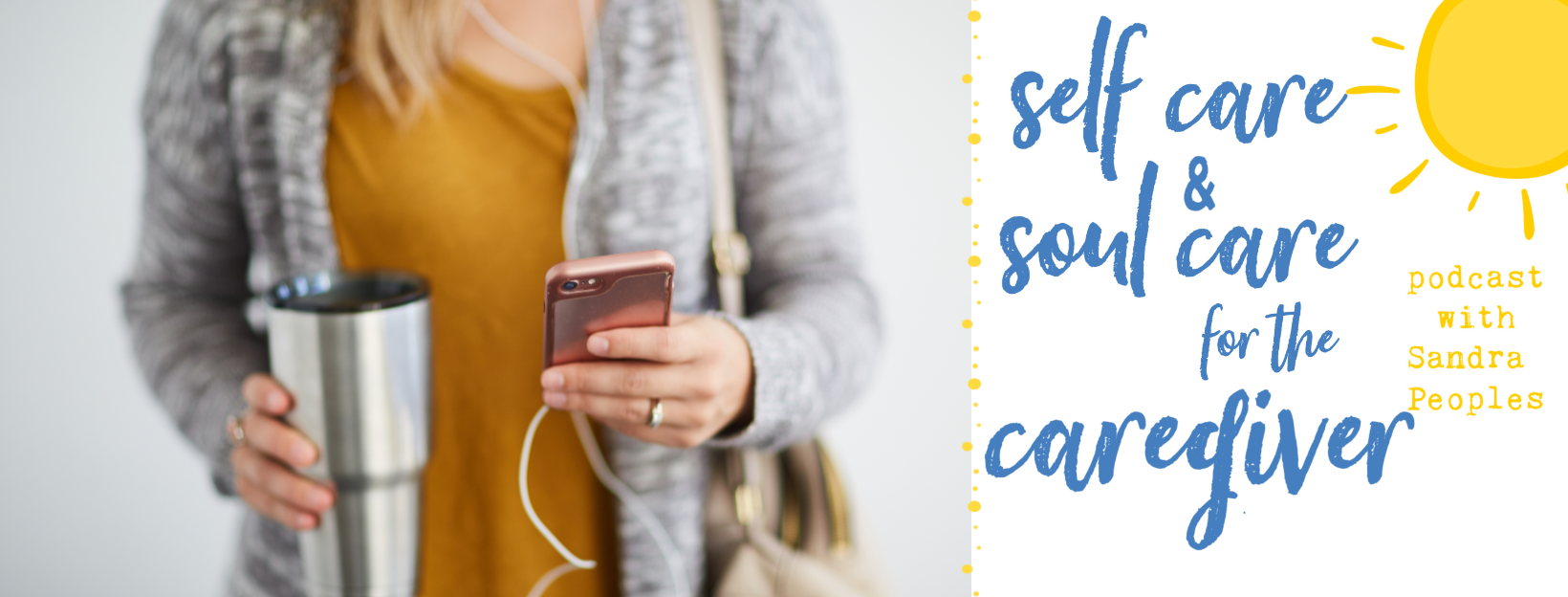As caregivers, self care isn’t optional. We have to take care of ourselves so we can care for those who depend on us! Especially during the COVID 19 pandemic.
Self-care can sometime get a bad reputation. People think of bubble baths, sleeping in, and other luxuries that aren’t a reality for special-needs parents like us. But my view of self care isn’t about self-sufficiency, self-fulfillment, or self-righteousness—it’s about dependence on God.
When Jesus taught that His yoke was easy and His burden was light (Matthew 11:30), He meant that we are to live dependent on Him and that we don’t have to strive and become overworked.
There are three important steps we need to take during this season so we don’t exhaust ourselves.
First, we need to live within the limits of what He has called us to do and not take on too much. Psalm 16:6 says, “The lines have fallen in pleasant places; indeed, I have a beautiful inheritance.” Those lines set the boundaries of what I’m able to do and they are pleasant. They are for my good and my family’s good. Instead of feeling hedged in by this, I feel freedom. I am free to do what I’m called and gifted to do because I don’t have to do everything! I just do what’s within my boundaries. I love God and love others from that place of safety and freedom.
Staying within my boundaries means I have to say no sometimes. That looks different in different seasons, but during this season of staying home with my family, that may mean I have to say no to James’s teachers asking us to work on a new skill at home (because his anxiety is too high). Or it may mean I say no to a Zoom hangout with friends. It also means I may need to ask for more help from my family members to get everything done—I can’t cook all these extra meals and get the dishes done (and still work, oversee homeschooling, etc.). Good self care means I learn when to say yes and when to say no.
Second, we can set up routines and rhythms that make our daily lives easier. One of the most popular episodes of my podcast, Self Care and Soul Care for the Caregiver, is on how decision fatigue leads to caregiver burnout and what to do about it. The average person makes 35,000 decisions a day. But caregivers make thousands more than the average, leading to the additional stress of decision fatigue. So what’s the solution? We can take steps to eliminate some of the decisions we make. Studies claim we repeat about 40% of our behavior almost daily. You probably eat lunch at the same time each day. You sit in the same seats at church each Sunday. You order the same meal at your favorite restaurant. You aren’t making these decisions every time because you’ve already figured out what works for you.
To eliminate fatigue and burnout, make the best decision you can and then repeat it. You can use this concept on things that could happen once a week instead of every day. For example, on Sunday evenings I write out a menu plan. I don’t have to decide every day at 4:00 what we’re having for dinner. I’ve already made the decision. You could also set up a cleaning routine, like washing sheets every Monday or vacuuming the floors on Friday. Put as many decisions on autopilot as you can so you have more brain power left to make the decisions that really matter.
Third, we can listen to the cues our bodies send us and respond with kindness. This will be the focus of my podcast episodes in April. In this week’s episode I talk with my friend Kim about the challenges and benefits of being an introverts or extrovert as a caregiver. Knowing where you get your energy from is a big part of self care—and knowing how to give yourself time to get that energy. As women, our hormones and life stage can have a big effect on our energy levels and overall health. We need to work with our cycles instead of against them. We also need to listen to our bodies and trust the messages they send us. For example, the stress of caregiving leads some of us to have chronic pain. But we can work with doctors and therapists to understand that pain better and learn how to manage it. Your body isn’t your enemy. You can remember you were fearfully and wonderfully made by a loving God who equips you to do what He calls you to do with the body you have.
In this season of extra stress due to the coronavirus, we need self-care more than ever. You weren’t created to live a life of exhaustion, excuses, or extreme mood swings. You were created to abide in Christ. These three steps will help you do just that.
Sandra Peoples is a special-needs mom and sibling. She and her family live outside of Houston, TX where she serves her church as the director of special-needs ministry. She’s the author of Unexpected Blessings: The Joys and Possibilities of Life in a Special-Needs Family and the host of the podcast, Self Care and Soul Care for the Caregiver. You can connect with her at sandrapeoples.com.





